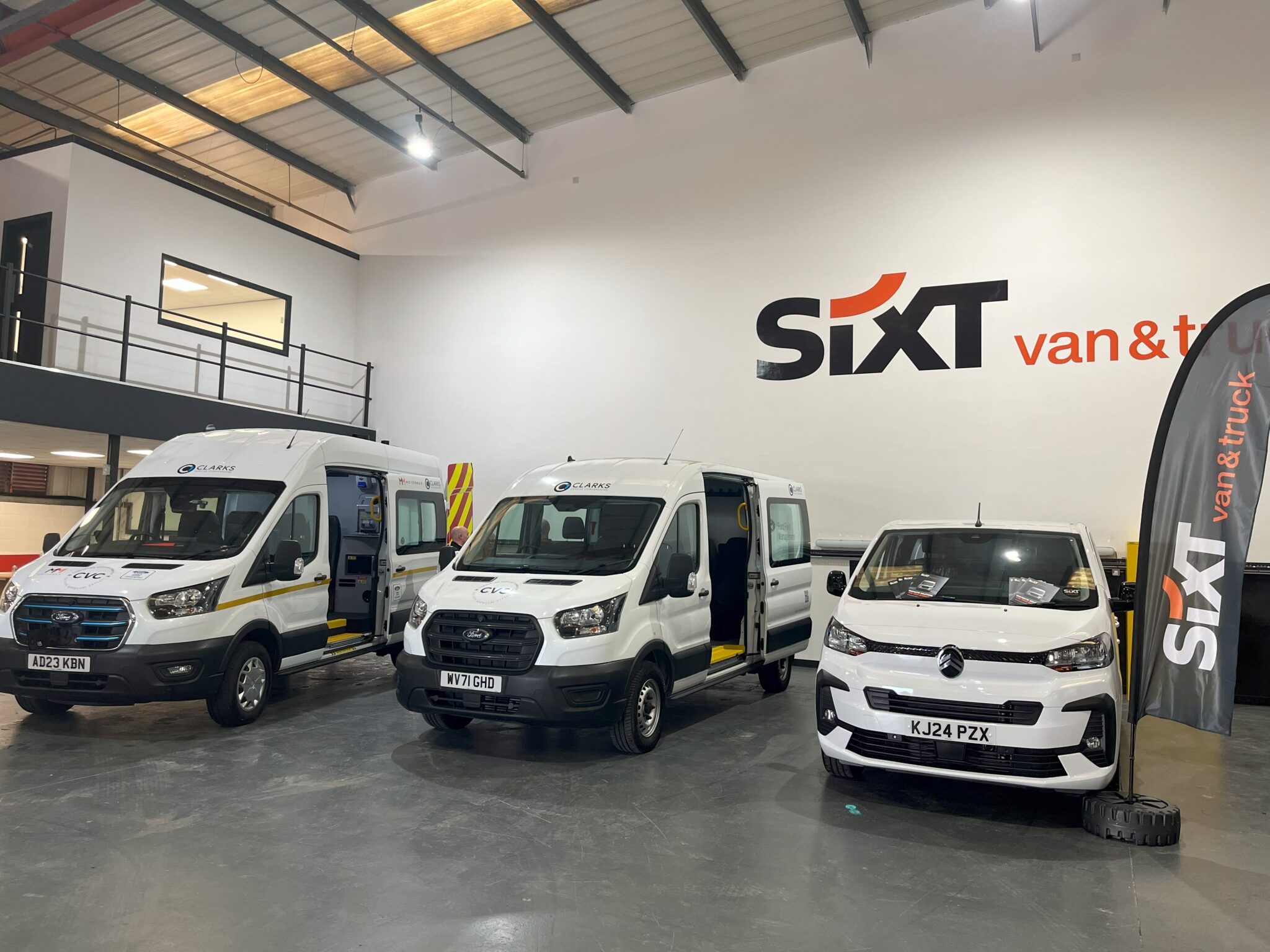Geotab Inc., a global market leader in connected transportation solutions, today announced a strategic partnership with SIXT van & truck. The landmark collaboration aims to enhance SIXT van & truck’s fleet management capabilities and elevate customer service standards for the company across the UK market.
SIXT van & truck will incorporate Geotab’s advanced telematics solutions into commercial vehicles within its UK-wide fleet. This integration, which will roll-out across the next 12 months, will leverage Geotab’s Original Equipment Manufacturer (OEM) integrated data to facilitate predictive maintenance and efficient Service, Maintenance and Repair (SMR) operations. By utilising Geotab’s highly precise mileage tracking and vehicle data solutions, SIXT van & truck aims to ensure seamless contract compliance with OEMs while improving vehicle efficiency and performance.
The decision to form a long-term partnership follows a successful pilot programme, during which SIXT van & truck successfully recovered two stolen vehicles, further underscoring the value of Geotab’s telematics solutions in boosting fleet security and operational competence.
David Saint, Managing Director SIXT van & truck UK, said: “Partnering with Geotab allows us to harness cutting-edge telematics technology to enhance our fleet operations in the UK. The ability to access accurate, real-time vehicle data enables us to perform predictive maintenance, reduce downtime and offer an improved experience to our customers.”
Rental and leasing organisations have traditionally engaged in bulk purchasing agreements with OEMs, involving complex contracts to sell vehicles back to manufacturers under specific detail-driven conditions, including precise mileage limits and vehicle standards. By integrating Geotab’s technology, SIXT van & truck is set to streamline such opaque processes, providing the company with comprehensive management of vehicle data to uphold contract terms and deliver superior service to customers.
Geotab’s extensive OEM network and robust market coverage empower leasing and rental companies such as SIXT van & truck to integrate diverse fleet data. This advanced and unmatched capability not only supports predictive maintenance but also ensures compliance with contractual obligations, ultimately leading to cost savings and customer satisfaction.
Implementing predictive maintenance allows rental companies to anticipate and address vehicle issues before they escalate, thereby minimising unexpected breakdowns and reducing operational costs. By having the capability to analyse real-time data thanks to Geotab’s innovations, SIXT van & truck can schedule maintenance during optimal periods, ensuring maximum vehicle availability. This proactive approach not only extends the lifespan of fleet vehicles but also helps contribute to cost savings by preventing major repairs and reducing downtime.
“We are delighted to be working with SIXT van & truck, delivering an innovative telematics solution to their commercial vehicle fleet across the UK,” said Christoph Ludewig, Vice President, EMEA. “Geotab will provide SIXT van & truck UK with actionable insights that improve efficiency and elevate service quality. This collaboration not only reinforces our commitment to supporting partners in achieving operational excellence but also marks a key milestone in our continued growth within the rental and leasing space. As we forge new alliances and strengthen existing relationships, we remain focused on delivering telematics solutions that drive real value.”
Real-world applications of Geotab’s advanced telematics solutions have shown significantly enhanced fleet operations for rental and leasing organisations. By integrating Geotab’s connected vehicle technology, a rental company last year achieved 100% fleet connectivity in the UK and 67% across six core European markets. This comprehensive data integration has led to improved vehicle recovery rates, real-time collision detection and remote monitoring of vehicle metrics such as odometer readings and fuel levels. These breakthrough advancements have also collectively optimised fleet management and elevated customer service standards.
As part of the partnership, SIXT van & truck will explore opportunities to integrate Geotab’s advanced telematics solutions into its rental services, providing end customers with added value.
Read Similar…
Asset Tracing and Transport Flow Optimization with ANT Locator





